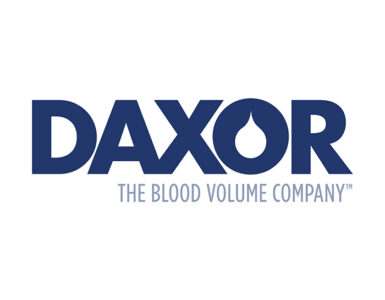
VistaGen Therapeutics (NASDAQ:VTGN) initiated a Phase 2a clinical trial to evaluate the efficacy, safety and tolerability of PH94B as a potential treatment of anxiety in adults with adjustment disorder with anxiety (AjDA).
In parallel with advancing its ongoing PALISADE Phase 3 clinical program for PH94B in the acute treatment of anxiety in adults with social anxiety disorder, the company plans to explore PH94B’s potential in additional anxiety disorders through a series of small Phase 2a trials, the first of which is in AjDA.
AjDA is the development of emotional or behavioral symptoms considered excessive or disproportionate in response to a sudden change, stressful event or circumstance, or other identifiable anxiety-provoking stressor, such as loss of work, divorce or a health setback, significantly impairing a person’s functioning.
PH94B is an investigational pherine nasal spray with a unique potential mechanism of action designed to achieve rapid-onset, anti-anxiety effects without requiring systemic uptake or causing benzodiazepine-like side effects and safety concerns.
The AjDA exploratory Phase 2a trial is a randomized, double-blind, placebo-controlled study, with an enrollment target of approximately 40 adults at clinical sites in the Boston and New York City metro areas.
Dr. Michael Liebowitz, a Columbia University psychiatrist, former director and founder of the Anxiety Disorders Clinic at the New York State Psychiatric Institute, and director of the Medical Research Network in New York City, is serving as principal investigator.
The study’s primary outcome measure is the change from baseline in anxiety level as measured by the Hamilton Anxiety Rating Scale.
In a statement, Shawn Singh, CEO of VistaGen, said emotional stress and impaired functioning as a result of anxiety-provoking stressors brought on by sudden changes in health, safety, economic and social circumstances, including the diverse impacts of the COVID-19 pandemic, have directly or indirectly affected hundreds of millions of individuals around the world and may have led to a considerable increase in the prevalence of adjustment disorder with anxiety.
“We believe the impact of the pandemic on mental health will be long-term and varied across a wide range of anxiety disorders, and we are committed to becoming part of the solution for people who need to find help,” he added.





